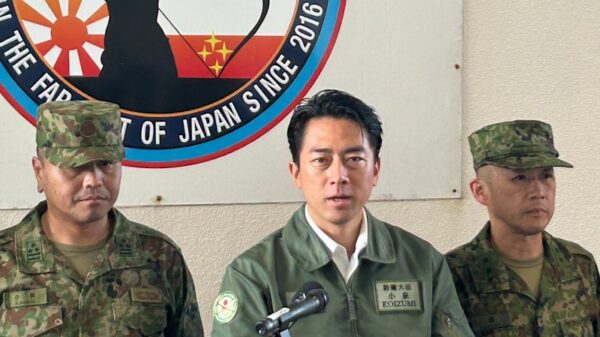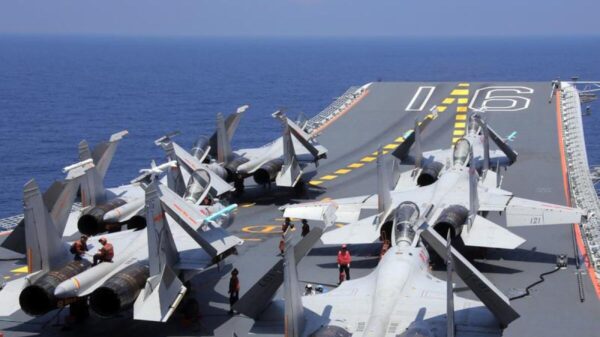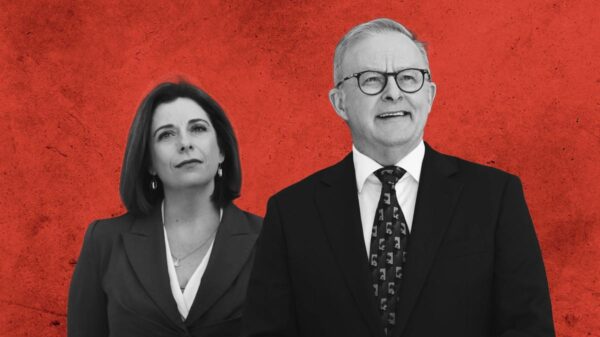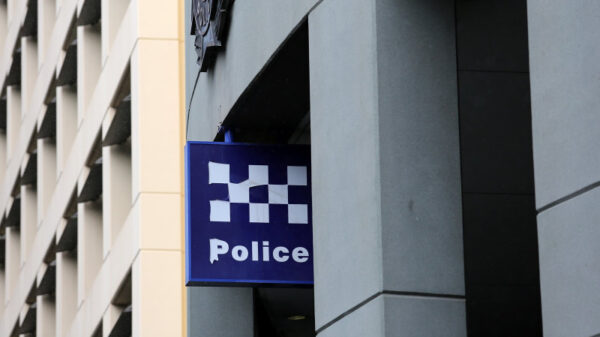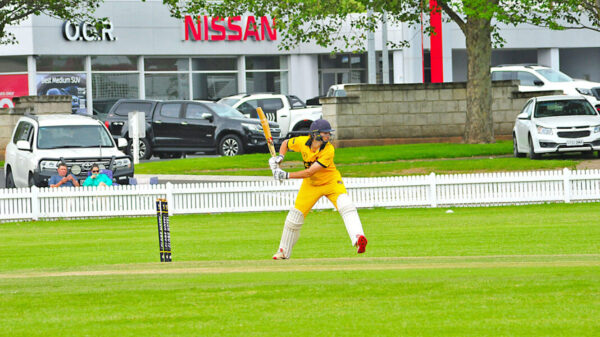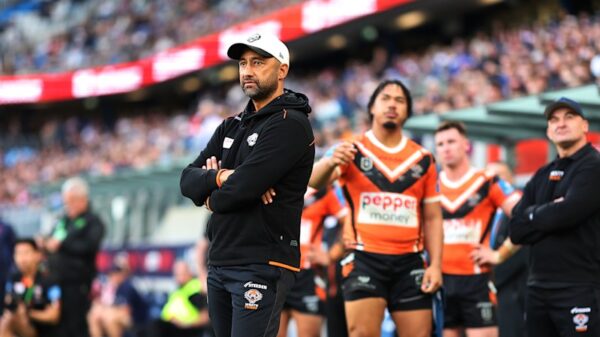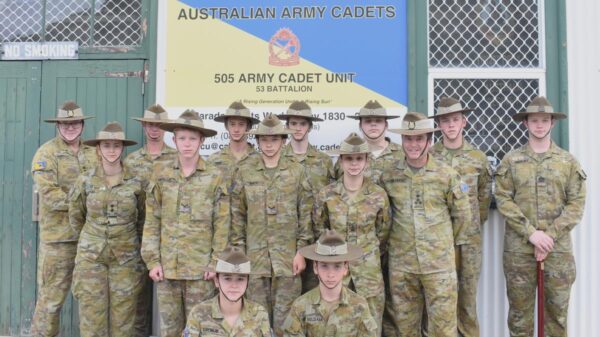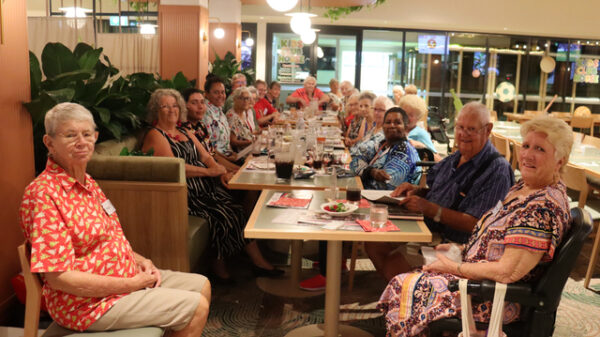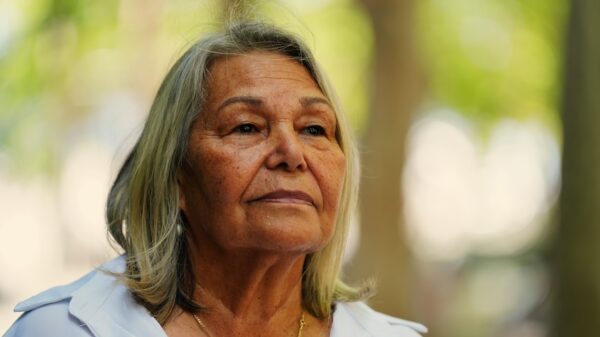UPDATE: Top US diplomat Marco Rubio has arrived in Israel amid escalating tensions as Israeli lawmakers push for annexation of the West Bank, an action that could jeopardize a fragile US-brokered truce in Gaza. Just days after President Donald Trump secured a ceasefire deal following Hamas’s attacks in October 2023, Rubio’s warning highlights the urgent stakes in the region.
Israeli officials advanced two significant bills on Wednesday aimed at facilitating the annexation, prompting Rubio to declare, “The president’s made clear that’s not something we can be supportive of right now.” He emphasized that these annexation moves are “threatening for the peace deal,” as he boarded his flight to Israel.
With violence escalating in the West Bank since the onset of the Gaza conflict, nearly 1,000 Palestinians, including both militants and civilians, have died since October 2023, according to the Palestinian health ministry. In the same timeframe, at least 43 Israelis have lost their lives due to Palestinian attacks or Israeli military actions.
As the primary military and diplomatic ally of Israel, the US is facing pressure from Arab and Muslim nations, who have labeled the annexation a “red line.” These countries are crucial in Washington’s efforts to stabilize the region and provide support for a peacekeeping force in Gaza.
Rubio is not the only US official visiting Israel to reinforce the ceasefire; he follows Vice President JD Vance, who is concluding his trip today. Vance has acknowledged the significant challenges ahead, stating, “We have a very, very tough task ahead of us, which is to disarm Hamas but rebuild Gaza.” He inaugurated the new Civil-Military Coordination Centre in southern Israel, aimed at monitoring the truce and coordinating humanitarian aid.
While the ceasefire faced a severe test on Sunday, with Israeli airstrikes in response to the deaths of two soldiers killing at least 45 Palestinians, Rubio remains cautiously optimistic. “Every day there’ll be threats to it,” he noted, “but I actually think we’re ahead of schedule in terms of bringing it together.” He described the agreement as a historic peace deal that must be upheld and built upon.
In Gaza, civilians are grappling with the aftermath of two years of conflict. Displaced families express their fears for the future. “We were afraid of dying during the war, and now we’re afraid of living after it,” lamented Maher Abu Wafah, a 42-year-old displaced civilian.
As diplomatic engagement continues, the International Court of Justice has issued an advisory urging Israel to ensure that Palestinians have access to essential goods and humanitarian aid. However, Israeli officials dismissed this ruling as a politically motivated attempt to exert pressure.
A senior UN official warned of “generational” impacts on health in Gaza, particularly for pregnant women and newborns facing severe malnutrition. With over 11,500 pregnant women in “catastrophic” conditions, the urgent need for aid is clear.
As Rubio’s visit unfolds, the world watches closely for developments that could shape the future of peace in the region. What happens next could define the trajectory of US-Israel relations and the broader Middle East stability.







